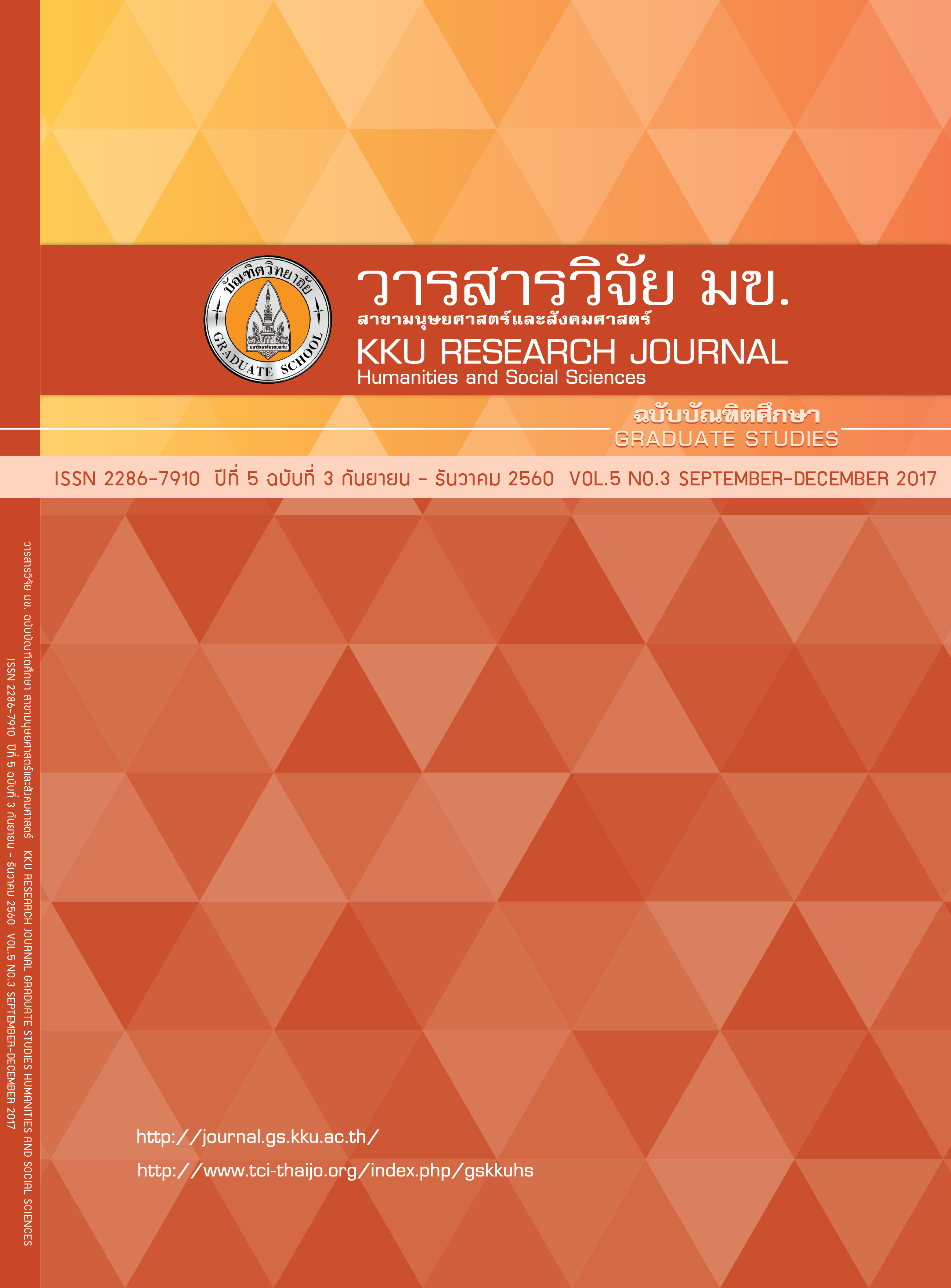สภาพสังคมผู้สูงอายุในปัจจุบันกับความเหมาะสมต่อการกําหนดเกณฑ์เกษียณอายุของประเทศไทย (Ageing Society with Retirement Criteria in Thailand)
คำสำคัญ:
เกณฑ์เกษียณอายุ, ผู้สูงอายุ, สังคมผู้สูงอายุ, Retirement criterion, Elderly, Ageing Societyบทคัดย่อ
การศึกษานี้มีวัตถุประสงค์เพื่อศึกษาเกณฑ์เกษียณอายุการทำงานภาคเอกชนของประเทศไทยและต่างประเทศ โดยวิธีการศึกษากฎหมายของประเทศสหรัฐอเมริกา ญี่ปุ่น เยอรมนี และสิงคโปร์ เพื่อนำมาเปรียบเทียบความเหมาะสมกับสภาพสังคมผู้สูงอายุในประเทศไทย ผลการศึกษาพบว่าสภาพสังคมของประเทศไทยในปัจจุบันมีผู้สูงอายุเพิ่มมากขึ้น ความจำเป็นในการทำงานของผู้สูงอายุเพิ่มสูงขึ้นเพราะอัตราการเกิดของประชากรไทยลดน้อยลง ประกอบกับผู้สูงอายุมีความสามารถในการทำงานและมีสุขภาพที่ดีขึ้นจากในอดีตเมื่อพิจารณาจากอายุค่าเฉลี่ยและผลการสำรวจด้านความสามารถ ซึ่งเมื่อพิจารณาจากกฎหมายของประเทศไทยแล้วกฎหมายคุ้มครองแรงงานยังไม่มีบทบัญญัติเกี่ยวกับการเกษียณอายุของลูกจ้างในภาคเอกชน เพราะขาดความชัดเจนของกฎหมาย ประกอบกับหลักเกณฑ์ที่นำมาใช้เป็นเกณฑ์เกษียณอายุในทางปฏิบัติยังไม่เหมาะสมกับสภาพสังคมผู้สูงอายุ จึงต้องมีการแก้ไขเพิ่มเติมกฎหมายใหม่ให้เกิดการส่งเสริมการทำงานของผู้สูงอายุ โดยการเพิ่มเกณฑ์อายุเกษียณเป็น 65 ปี และให้มีการประเมินประสิทธิภาพสำหรับลูกจ้างที่ได้รับการต่ออายุงานภายหลัง 65 ปี รวมถึงให้มีการกำหนดข้อยกเว้นไว้สำหรับบางอาชีพที่ผู้สูงอายุไม่อาจทำงานได้ในรูปแบบของกฎกระทรวง
This study aims to study the retirement criteria of private sector in Thailand and abroad. Such as United States, Japan, Germany and Singapore for compare with Thailand. The results show that the current state of elderly society in Thailand is increasing. Thus, it is necessary for the elderly to be in the labor market longer because the rate of birth of the Thai population has decreased. In addition, the elderly are more able to work and have better health when age average and skill are considered. According to Thai law, There is no work protection that will guarantee the work of employees in the private sector. Because of The law is unclear. In addition, the criteria used for retirement criteria in practice is not appropriate for the elderly. The new law has to be amended to promote the work of the elderly by increasing the retirement age to 65 years and evaluating the performance of employees who have been renewed after the age of 65 years, and making exceptions for some occupations that the elderly can not do in the form of ministerial regulations.




